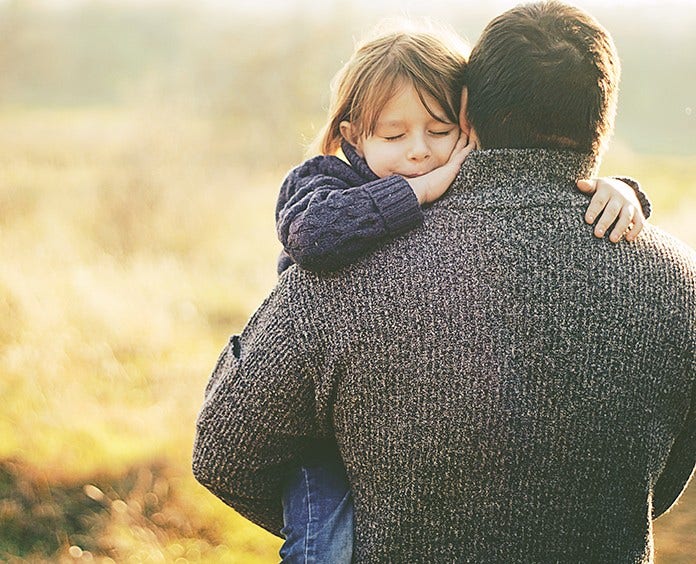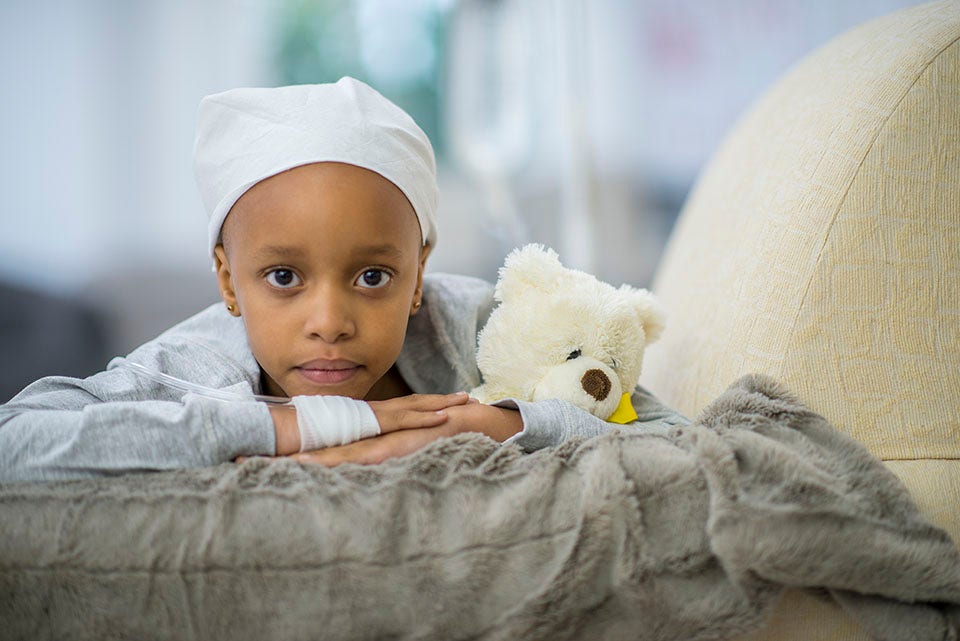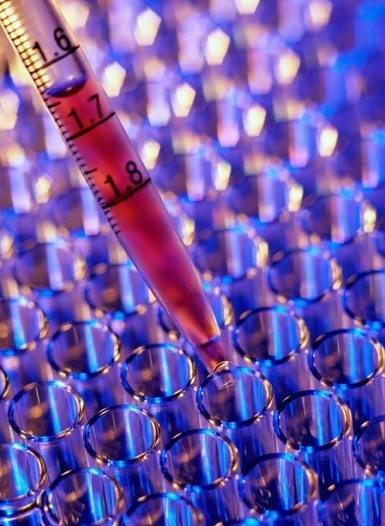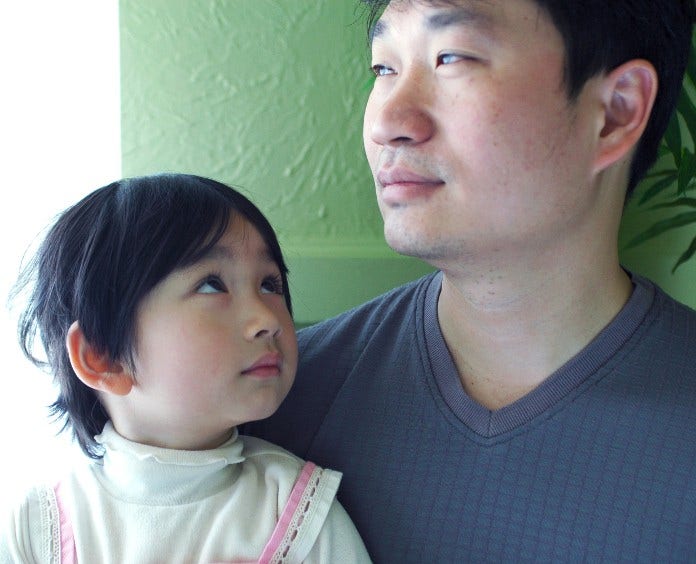Your gift is 100% tax deductible.
Childhood Cancer
Whether your child has just been diagnosed with cancer, is going through treatment, or is trying to stay well after treatment, we can help you find the answers you need.
What Are Childhood Cancers?
Cancers that affect children from birth through age 14 are known as childhood cancers or pediatric cancers. Cancers that affect children ages 15 to 19 are known as adolescent cancers.
About 9,680 children in the United States will be diagnosed with cancer in 2026.
85% of children with cancer now survive 5 years or more. Overall, this is a huge improvement since the mid-1970s, when the 5-year survival rate was only about 58%. Still, survival rates depend on the type of cancer and other factors.
Types of Childhood Cancers
The types of cancers that occur in children are often different from the types that occur in adults. The most common childhood cancers are:
How a Childhood Cancer Diagnosis Affects the Family
When a child is diagnosed with cancer, families face overwhelming challenges, from managing emotions to balancing routines, relationships, and medical care. Learn practical ways to cope, communicate with your child, support siblings, and navigate the early days after diagnosis.
Childhood Cancer Treatment
If your child has been diagnosed with cancer, finding the right cancer care is essential. Here are some tips on navigating the health care system.
Survivorship – Life During and After Cancer Treatment
Survivorship begins at diagnosis and continues for a lifetime. Explore ways to help children stay connected to school, manage treatment side effects, rebuild strength, and handle emotional challenges. Find support for navigating long-term health needs, creating a survivorship care plan, and ensuring a smooth transition back to daily life.









